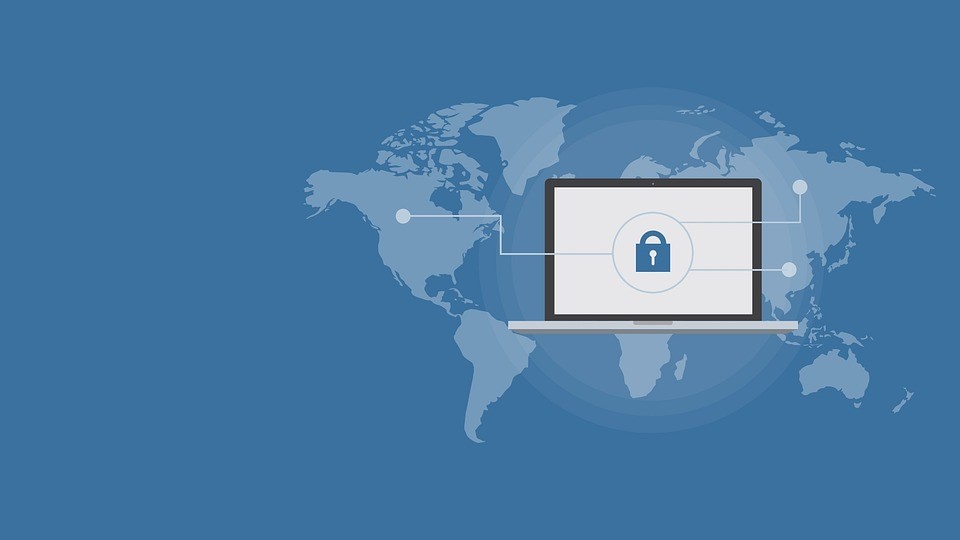These days, there are so many instances of people getting hacked or having their private data leaked on online forums. Of course, this is to be expected in the modern age of social media. Nowadays, it’s all but impossible for anyone to do anything online without first setting up an account with a password and some sensitive data. This is a practice that’s especially common with sites that deal with transactions like online banking platforms, e-commerce sites, and even online betting sites that offer a variety of games like US-based DraftKings. And unfortunately, once your data has been breached and leaked, there’s nothing you can do about it at that point.
Fortunately, legitimate websites will always make an effort to strengthen their security protocols in an attempt to protect user data. However, you should also look to do your part in making sure that your data will not get compromised. In this article, we are going to go over a few ways that you can protect your online data better so that you don’t have to feel unsafe whenever you’re browsing the internet.
Make Use of an Antivirus
A lot of the time, when we click on scam sites or URLs, it will then download malware onto the computer. Malware is any kind of software that invades your computer and gains access to your personal files and documents. Of course, as a standard practice, you should never click on suspicious links or websites. However, on the off chance that you do click on these links, having an antivirus can really be effective at serving as a layer of protection against any potential malware. There are a bunch of antivirus software out there that offer free services and don’t take up too much of your computer’s memory as it runs in the background.
Use Unique Passwords for Every Website
Yes, it’s a lot more convenient to just use one password for every single website that you make an account with. It’ll be a lot easier for you to remember your passwords that way. However, the problem with that is when the information on one website gets leaked, that means the passwords of all your other accounts are compromised as well. By making a unique password for every site, you’re protecting all your other accounts in case one particular website gets hacked and your password gets leaked.
Change Your Passwords Periodically
Aside from making use of unique passwords, it’s best to always change them periodically. For online banking sites or any kind of site that handles transactions, it’s best to change your passwords every three months or so. For standard social media sites, you can change your password every six months or a year.
Enable Multi-Factor Authentication
Multi-factor authentication is also a very effective security protocol that will hep protect your account. This is especially true if you are able to enable multi-factor authentication through biometrics like facial scanning and fingerprints to go along with standard passcodes and pattern locks.
Stay Vigilant Against Phishing Scams
There are so many sneaky ways that cybercriminals are able to gain access to sensitive information of people online. They might masquerade as an official website like a bank through an email that seems legitimate. From there, they can ask users to input their passwords and banking information. Since they seem legitimate, many people actually believe that they’re transacting with the bank and they proceed to give up all of their sensitive info. As a standard practice, never give up your information unless you’re absolutely certain that you’re transacting with your official bank.




